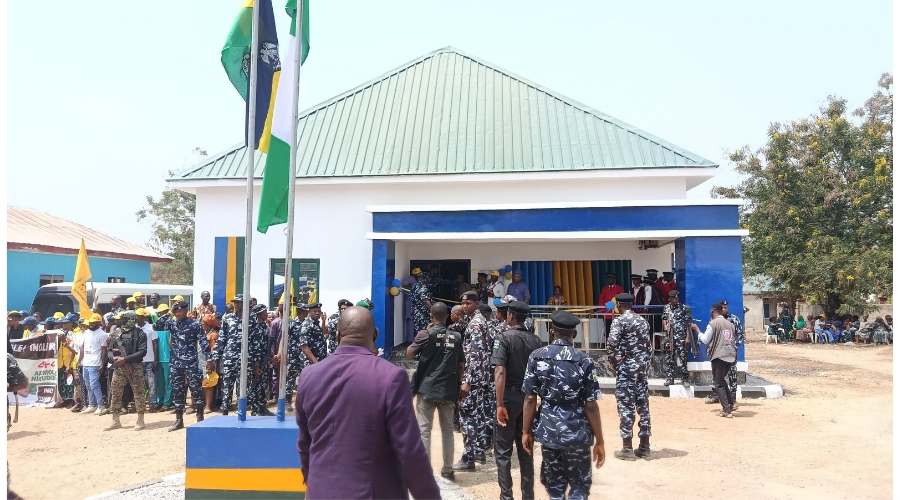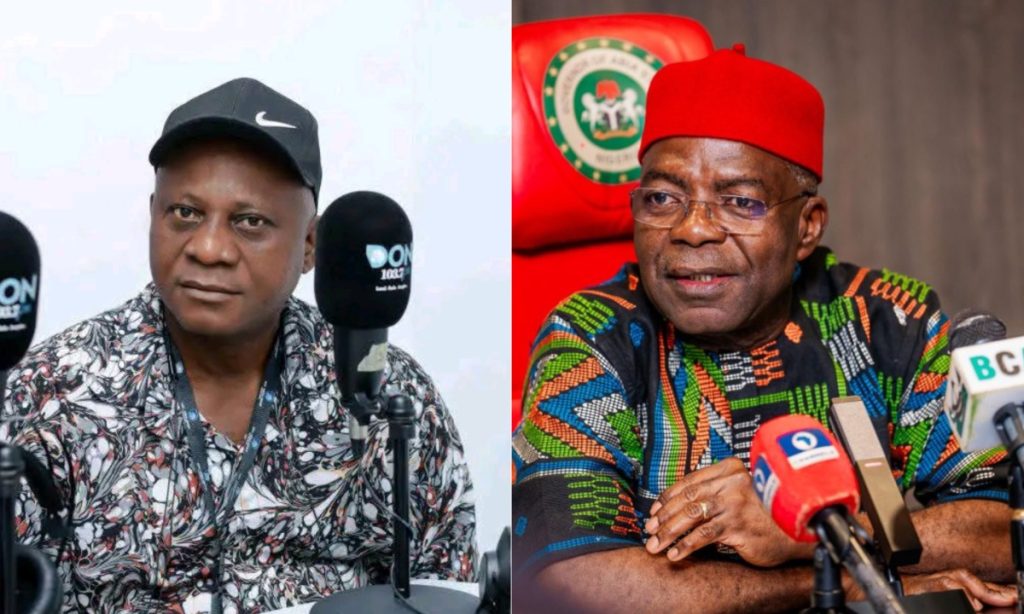In a dramatic turn of events, the burial of Zambia’s former President Edgar Lungu has been halted by a South African court, just hours before it was set to take place in Johannesburg. The Pretoria High Court’s emergency order was issued in response to a request from the Zambian government, which is insisting that Lungu’s body be returned to Zambia for a state funeral in the capital city of Lusaka.
Lungu, who passed away earlier this month in South Africa, had expressed a desire to be buried privately, according to his family. However, the Zambian authorities are adamant that he should be laid to rest at Embassy Park, the official burial site for former heads of state, with full national honors. This disagreement has sparked intense political tensions, particularly given the long-standing rivalry between Lungu and current President Hakainde Hichilema.
The Lungu family’s wish to avoid political drama is at the heart of their desire for a private burial. In contrast, the Zambian government argues that protocol and national dignity must take precedence. The court’s decision to suspend the burial until a full hearing can be held has only added to the sense of uncertainty and tension surrounding the situation.
As the situation continues to unfold, the court has scheduled a full hearing on the matter for August 4. Until then, the burial remains suspended, leaving the family, the government, and the people of Zambia in a state of limbo. The international community is also watching with interest, as this dispute highlights the complex and often fraught nature of political relationships in the region.
The rivalry between Lungu and Hichilema is well-documented, and it is likely that this factor is playing a significant role in the Zambian government’s insistence on a state funeral. However, the Lungu family’s desire to honor their loved one’s wishes and avoid further political drama is also understandable. As the court prepares to hear the case in full, it remains to be seen how this situation will be resolved, and what implications it may have for the future of Zambian politics.



